Acclimation to Heat Training for Ultra Runners

Sweating
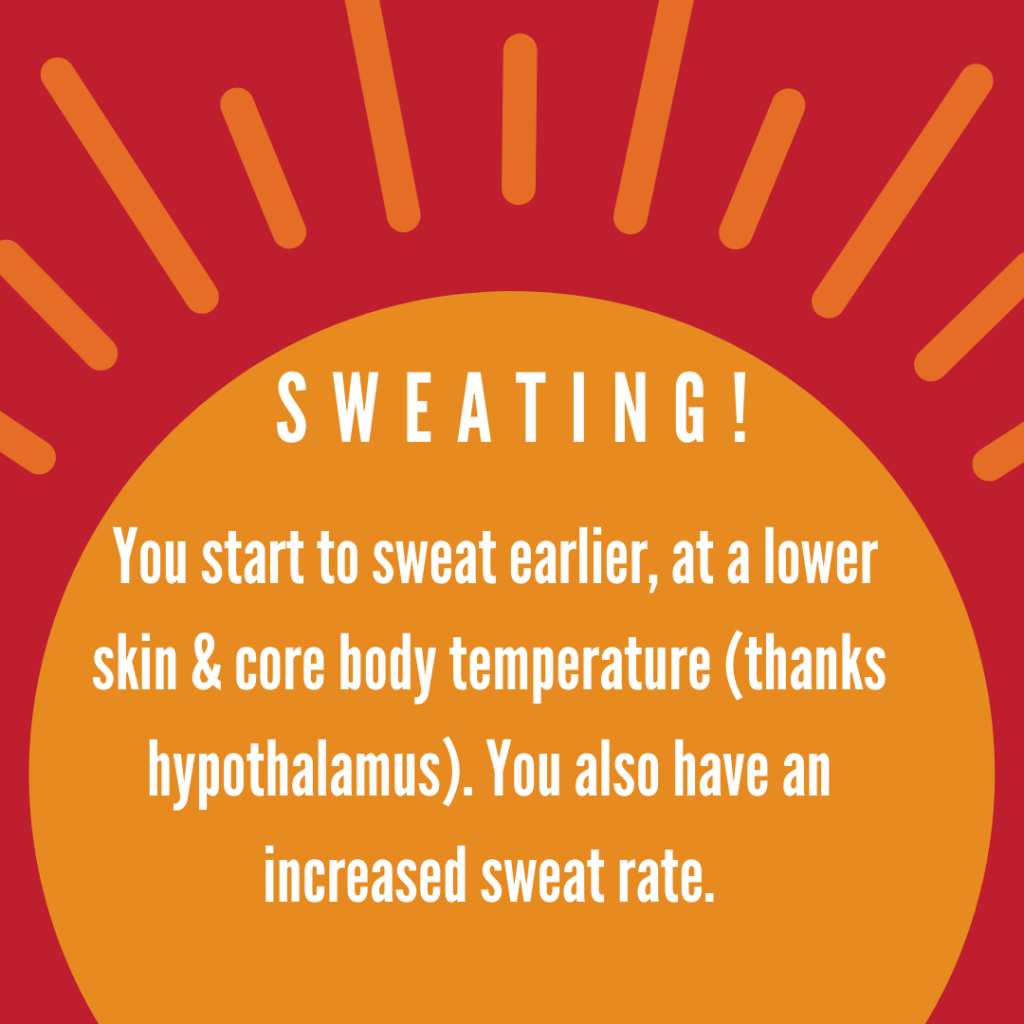
Reduced cardiac strain
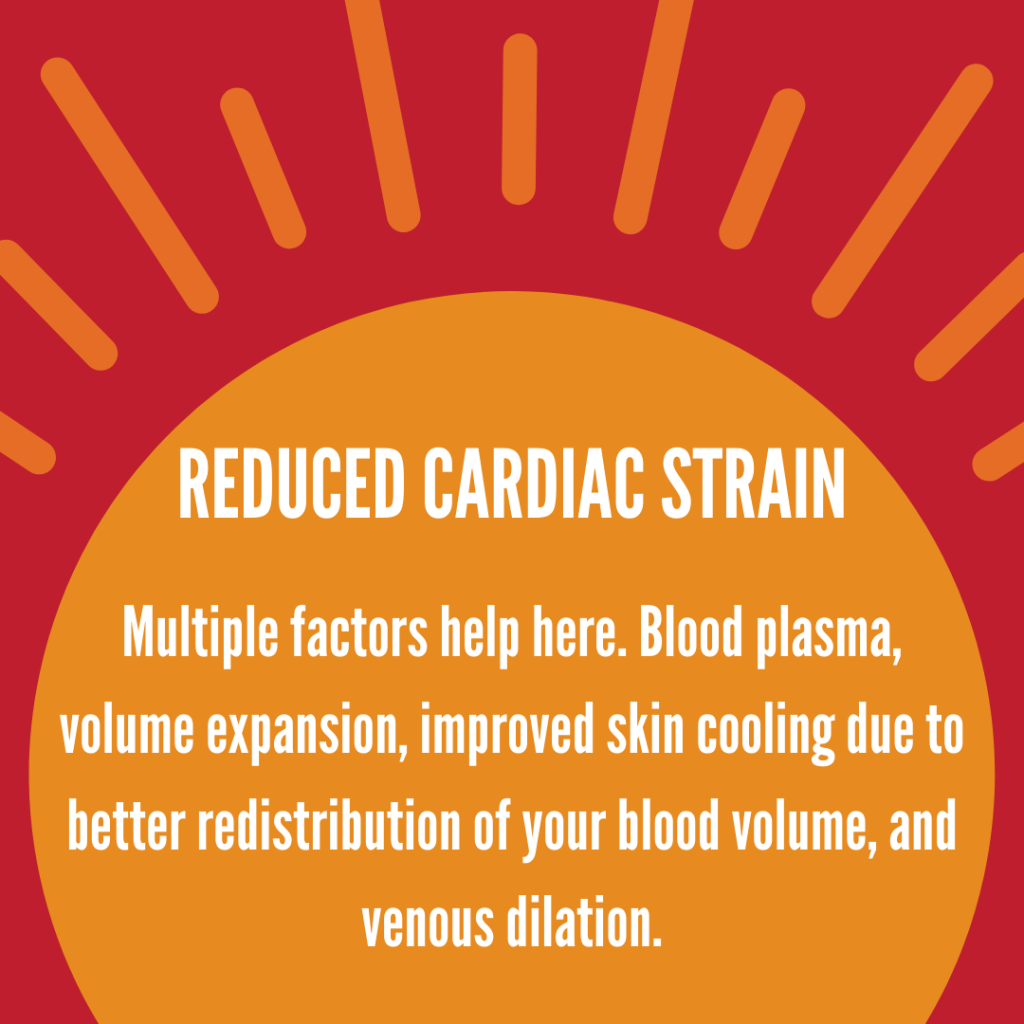
Fluid balance
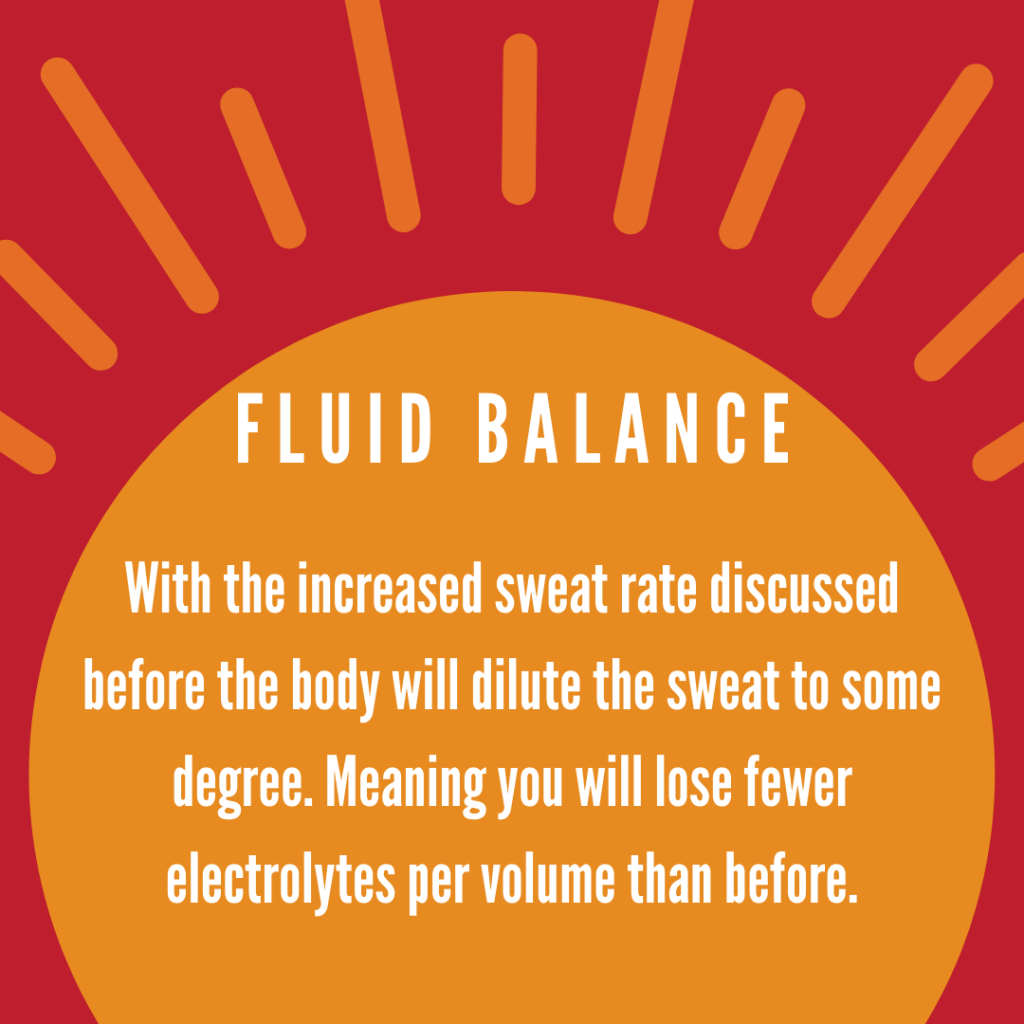
Thermal comfort
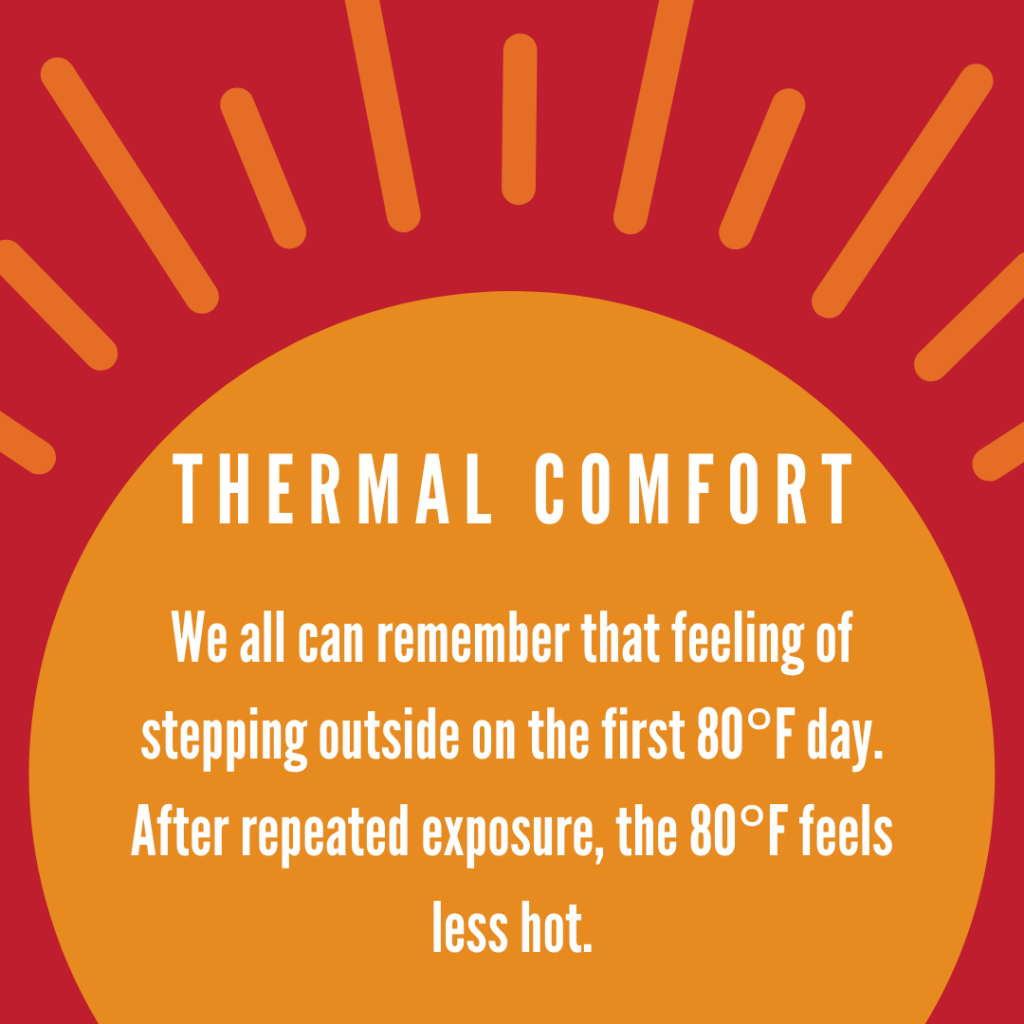

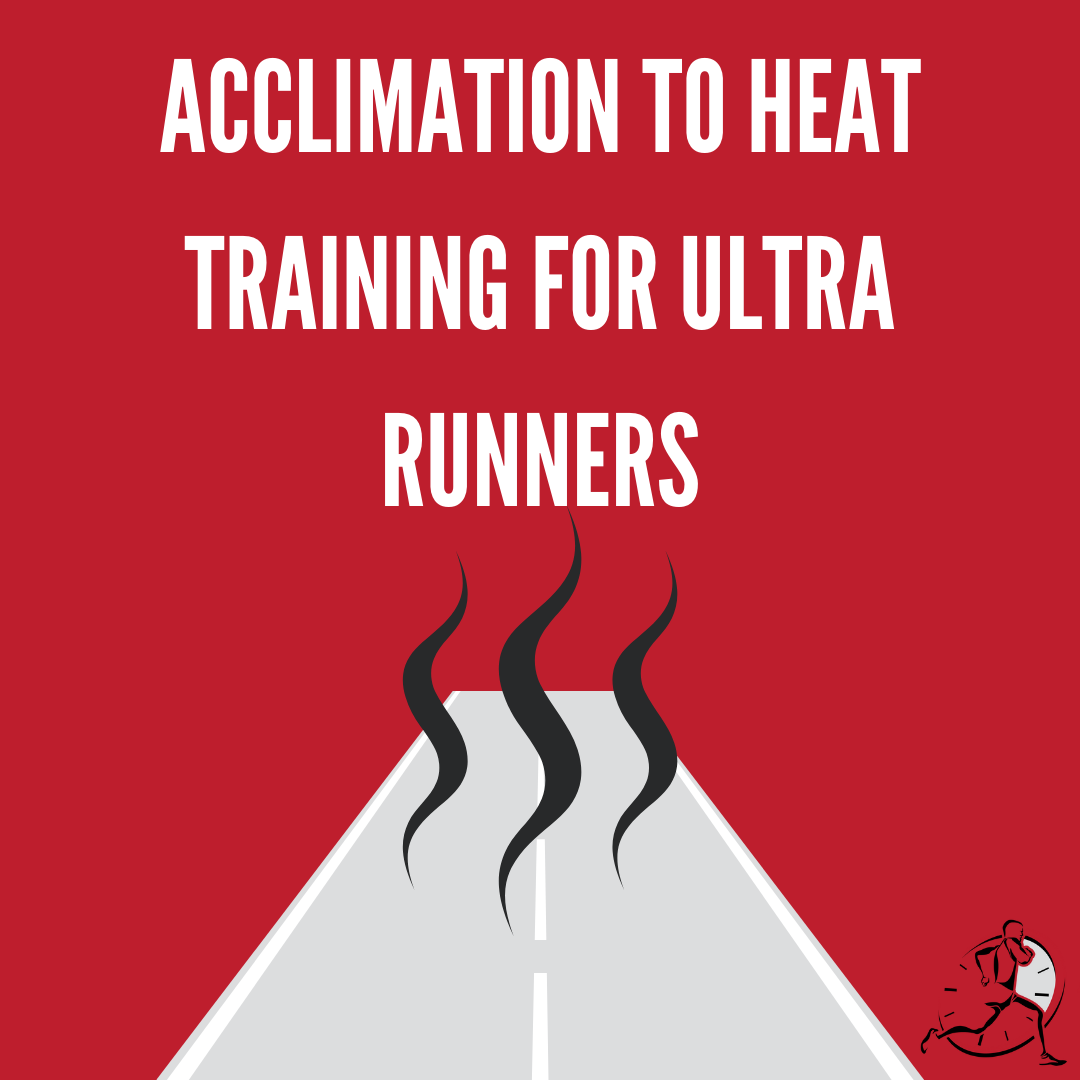







All 4 of these pillars must be used in order to have an effective training program. Leave one out and the entire program may crumble

So, you’re ready to tackle the behemoth that is ultrarunning. That’s commendable! But before you dive in, there are a few hurdles I’ve seen trip up even seasoned marathoners. I’ve run that rocky road, and now I want to share some wisdom so your journey is smoother.

Running FAST is an essential component of an ultra training plan. By running fast you can increase your performance threshold. Here are my 5 tips to get you started with incorporating speed work into your ultra training.

Discover how endurance training transforms your body to go further, faster, and stronger. Learn the science behind adaptations like improved VO2 max, increased glycogen storage, and strengthened muscles. With practical tips on building consistency, tracking progress, and avoiding common pitfalls, this guide will help you train smarter and achieve your ultramarathon goals.

Having a growth mindset allows you to have the drive to push yourself to the limits while also having the courage and wisdom to live to fight another day.

Key Takeaways Aspect Detail Caloric Intake 200-300 calories/hour, mainly from carbs Factors Gender, body size, experience, race conditions Carbohydrate Intake 30-60 grams of carbs/hour Gender Differences Men might consume more, women generally 200 calories/hour Body’s Absorption 240-280 calories/hour, despite burning 400-600 calories/hour Ultra running, a sport that tests the limits of endurance and mental fortitude,…